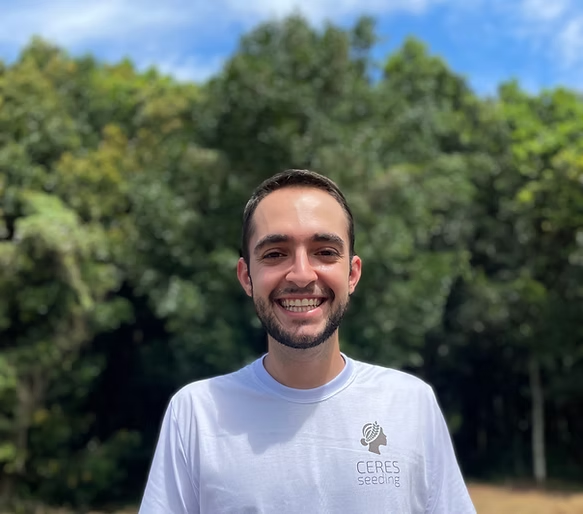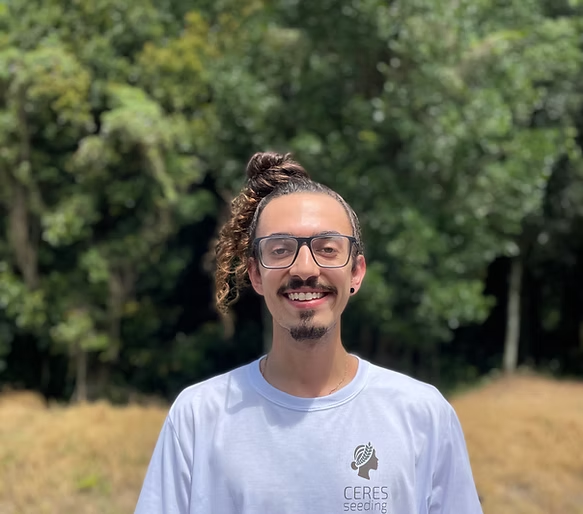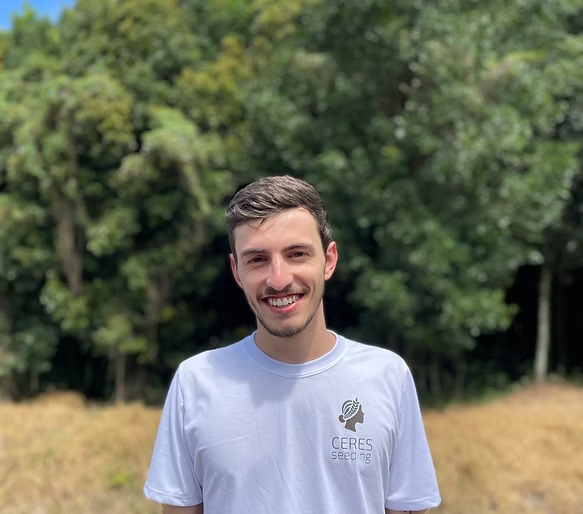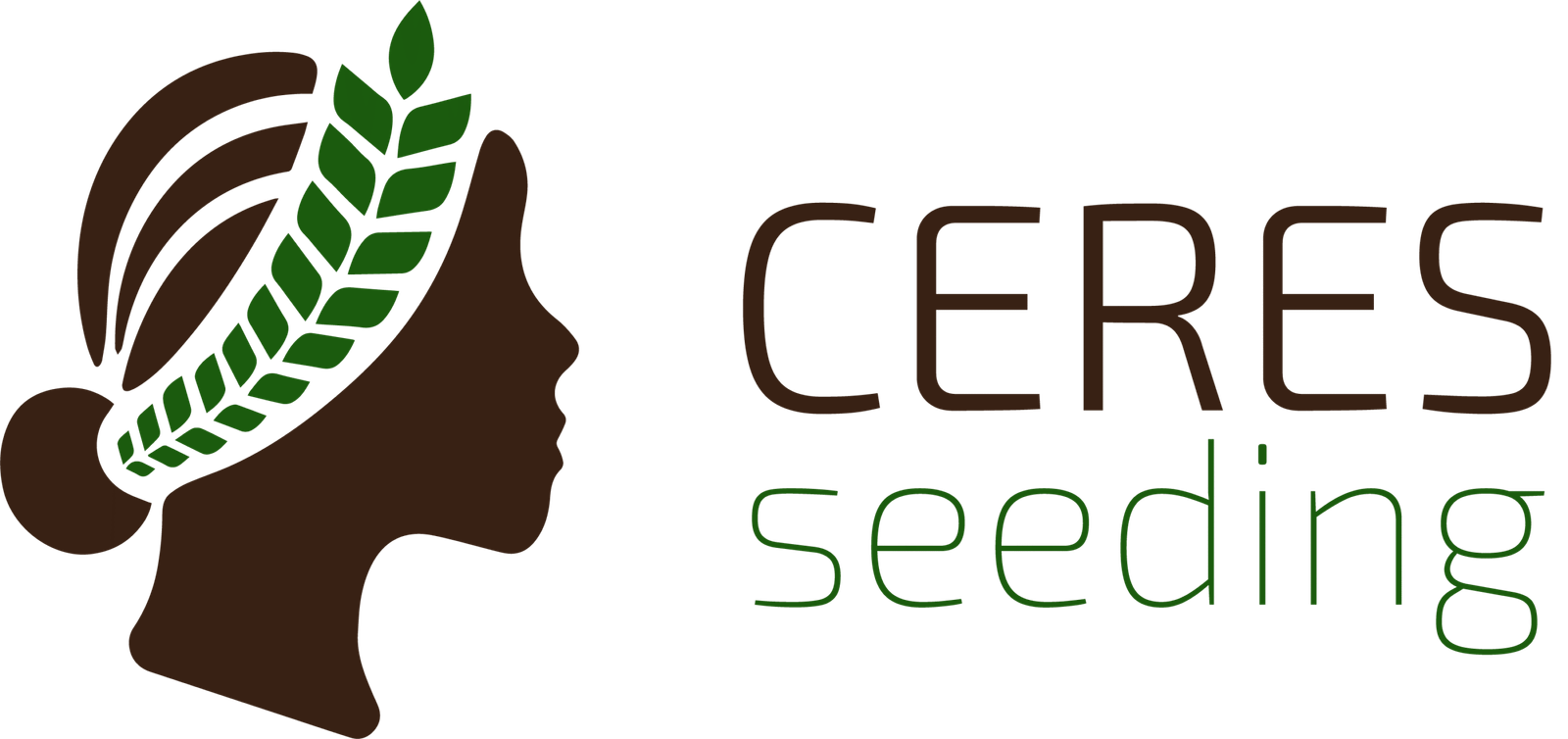RESTORING ECOSYSTEMS,
AUTONOMOUSLY
REPLANT NOW,
SAVE OUR PLANET
Every year, thousands of hectares vanish to wildfires, deforestation, and land degradation. Traditional reforestation can’t keep up—it’s too slow, too costly, and nature can’t wait.
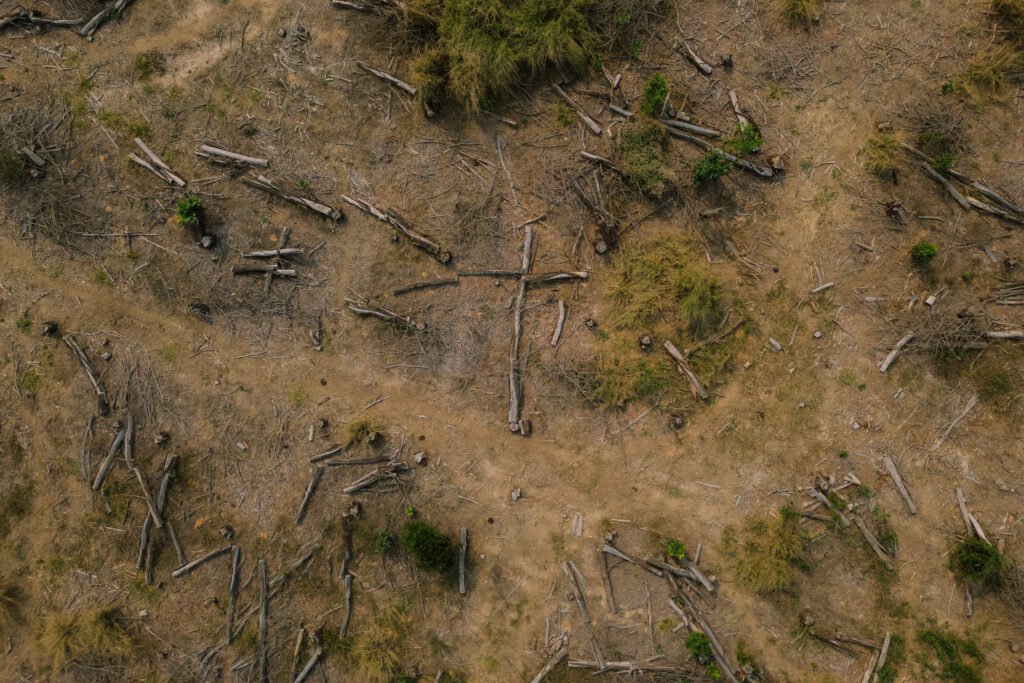
THE MOST EFFICIENT WAY TO RESTORE A DEGRADED LANDSCAPE
By acting on all the steps of restoration projects we can minimize risks and optimize success
Mapping
Precise mapping of degraded areas, enabling detailed analysis of vegetation and topography to identify native and invasive species.
Preparing
Effective control of invasive grass and ant species through targeted spraying and spreading, ensuring optimal conditions for seed germination.
Planting
Pre-programmed wide-area or targeted sowing of native seeds using our patented dispersal device to restore degraded areas and enrich biodiversity.
Maintaining
Invasive species combat, biological control, leaf fertilization, and replanting to guarantee restoration success.
Monitoring
Aerial monitoring to analyze vegetation health, quantify biomass, and survey biodiversity to monitor progress and long-term optimization.
Our Fleet
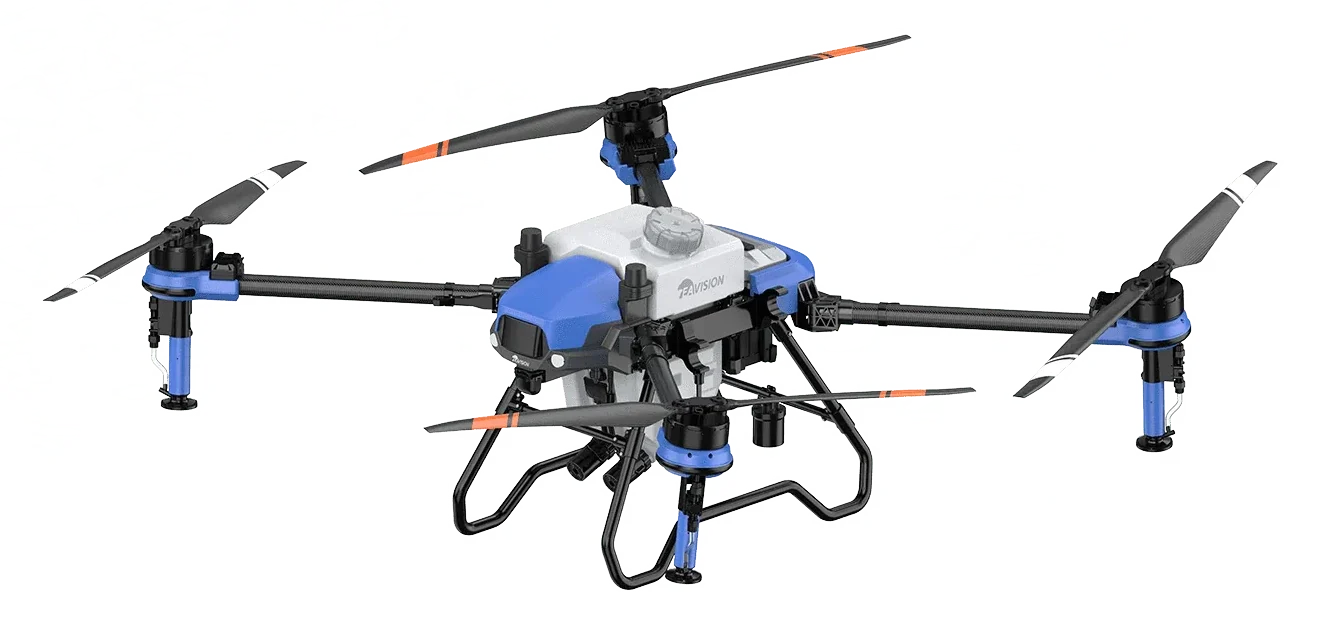
TUIUIÚ
60kg
Spraying system, Granule spreader system, Native seed dispersal system
Invasive species control, predator ants control, automated seed planting
What we've acheived
Our Projects
Project Name
WE ARE A PASSIONATE TEAM OF INNOVATORS
